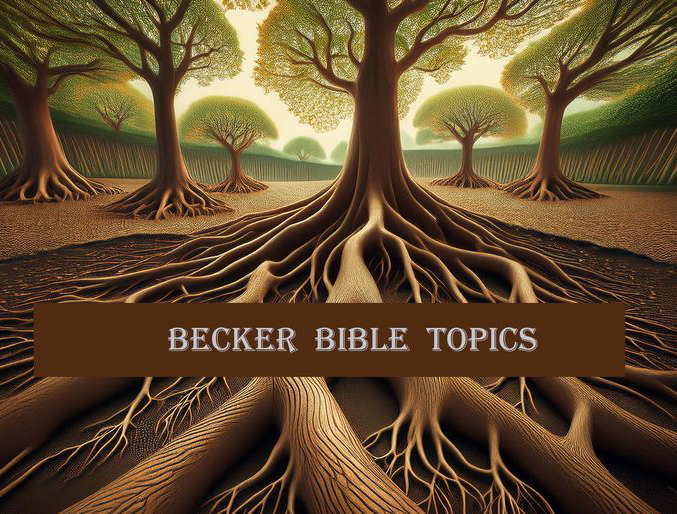
Caused by:
Hanging on a tree… Deuteronomy 21:23
Sin among God’s people… Joshua 7:12
Possessing a banned thing… Joshua 6:18
Preaching contrary to the Gospel… Galatians 1:8, 9
Blaspheming Christ … 1 Corinthians 12:3
Objects of being:
A city… Joshua 6:17
A forbidden thing… Joshua 22:20
An old sinner… Isaiah 65:20
Christ-haters or non-believers… 1 Corinthians 16:22
Paul (for the sake of Israel)… Romans 9:3

